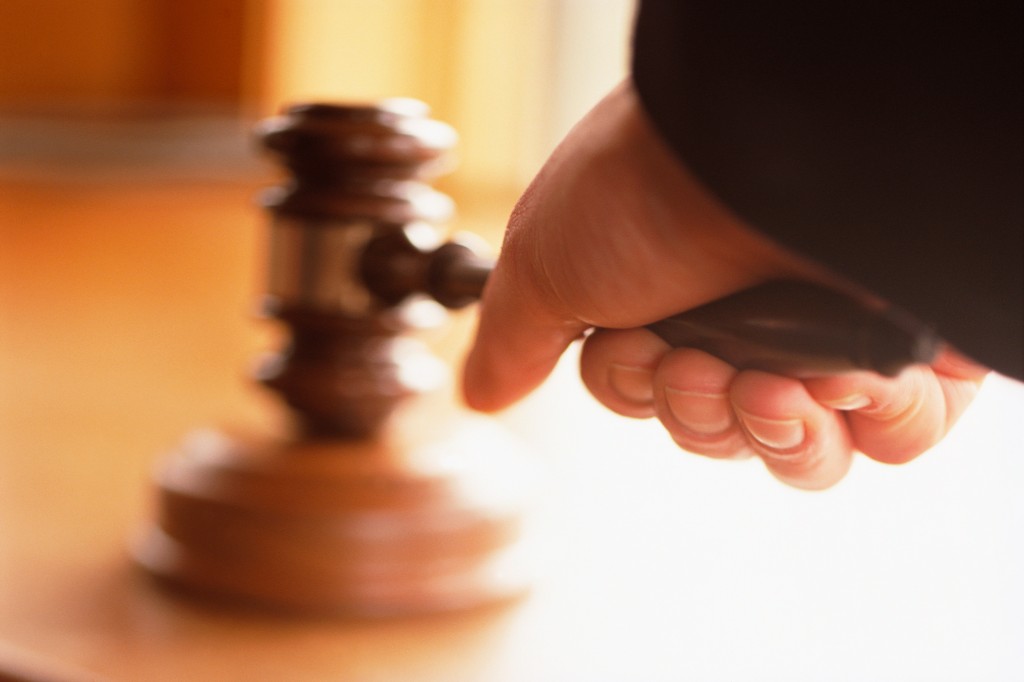MOSCOW, Dec 23 — A Moscow court today heard a case against a leading rights group Memorial that could shut down the veteran organisation, closing off a year marked by a major crackdown on civil society.
Memorial’s Human Rights Centre, which campaigns for political prisoners and other disadvantaged groups, is accused of violating Russia’s law on “foreign agents” and of justifying terrorism.
As the first hearing in the case kicked off today, around three dozen supporters gathered outside the Moscow courthouse in freezing temperatures.
Observers were not allowed inside, which judge Mikhail Kazakov said was “to create safe conditions for the participants of the process”.
Next week, Russia’s Supreme Court will rule on the liquidation of the group’s main wing, Memorial International, as Russians prepare to start a 10-day state holiday.
The court cases bookend a year when authorities launched an unprecedented crackdown on the opposition and independent media, imprisoning top Kremlin critic Alexei Navalny in February and banning his organisations.
The move against Memorial has led to a major outcry inside Russia and from the West, with which tensions have been rising over ex-Soviet Ukraine.
While Memorial has faced pressure for years, the move to shutter its organisations would have been unimaginable a few years ago.
Broad implications
Prosecutors accuse the Human Rights Centre of failing to use the “foreign agent” label on all their publications, as required by law.
The group regularly releases lists of people it says are political prisoners, including banned figures such as Navalny and members of religious minorities, including the Jehovah’s Witnesses.
In October, the organisation said there were at least 420 political prisoners in Russia, noting that their number had risen sharply this year.
As well as political prisoners, the centre also campaigns for groups facing pressure from authorities, including migrants and members of the LGBTQ community.
A previous hearing to shut down the centre was held late last month behind closed doors.
Activists called on President Vladimir Putin to intervene, but this month he told his human rights council that Memorial had been advocating on behalf of “terrorist and extremist organisations”.
In a message on its Telegram channel ahead of Thursday’s hearing, the centre warned that the “possible liquidation of Memorial will have an impact on a large number of regional and national NGOs”.
‘Friend of the people’
Memorial coordinates the work of dozens of organisations across Russia.
Russia’s two living Nobel Peace Prize winners — the last Soviet leader Mikhail Gorbachev and Novaya Gazeta newspaper editor Dmitry Muratov — have urged prosecutors to withdraw their claims.
“Memorial is not an ‘enemy of the people,’” Muratov said in his Nobel acceptance speech in Oslo this month. “Memorial is a friend of the people.”
In another case next week, a court in the northern city of Petrozavodsk will deliver its ruling on Memorial employee Yury Dmitriyev, a historian the organisation says is being targeted for his work exposing the horrors of the Soviet era.
Sentenced last year to 13 years in prison on what his supporters say were fabricated child sex charges, he faces two additional years in jail.
Memorial was founded in 1989 and its first chairman was the Nobel Prize-winning Soviet dissident Andrei Sakharov.
Ther group, which has become a symbol of post-Soviet democratisation, has created a huge archive of Soviet-era crimes.
The trial against it coincides with the 30th anniversary of the fall of the Soviet Union. — AFP






















